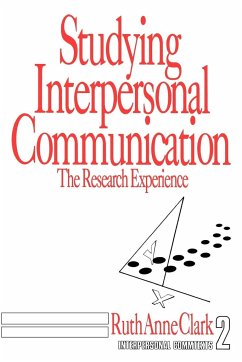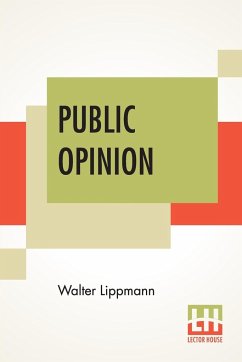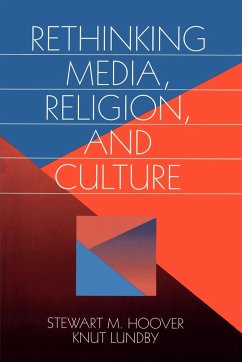
Public Opinion and the Communication of Consent
Versandkostenfrei!
Versandfertig in über 4 Wochen
54,99 €
inkl. MwSt.

PAYBACK Punkte
27 °P sammeln!
Comprehensive in scope, this volume offers an unprecedented range of scholarly perspectives on the relationship between public opinion and communication. With contributions written from social-scientific, historical, critical, and cultural traditions, the book illuminates the importance and richness of treating "public opinion" as a multifaceted concept.












